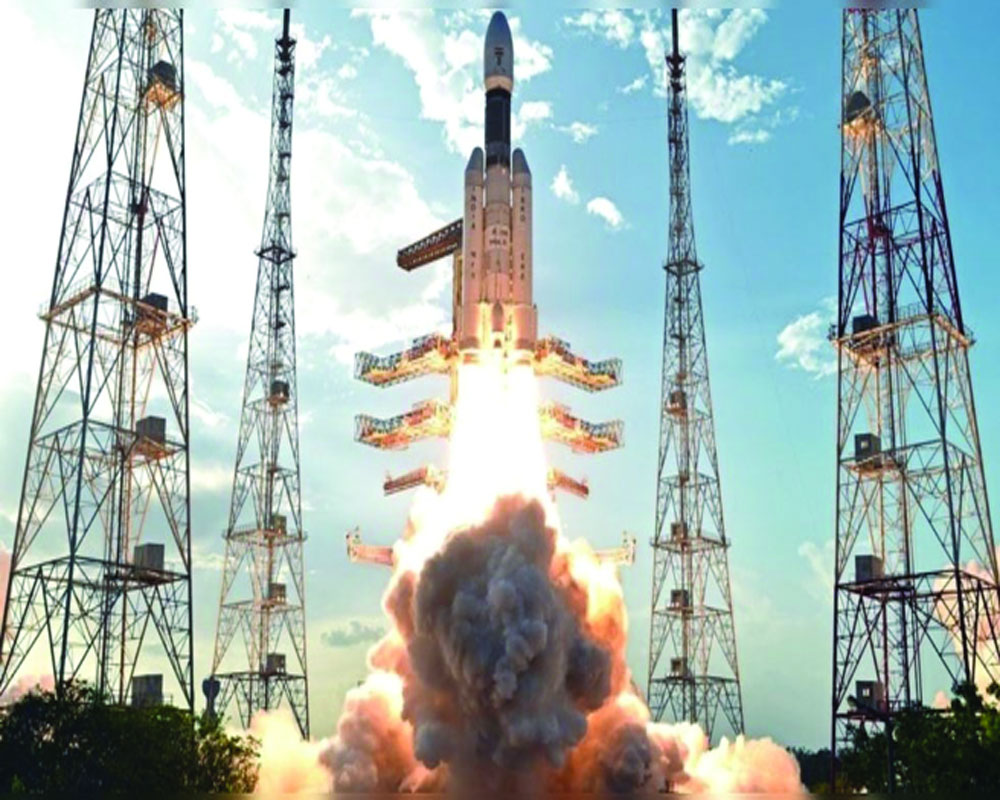Going forward, India's space foray is poised to be even more daring and challenging
Having already won accolades for its space programme, India is now eyeing greater glory. Since 1962 when ISRO transported rockets on bicycles to launching 100+ satellites on homegrown rockets, its space programme has come a long way. With its lunar odyssey and Mars rendezvous, Indian space scientists have amassed the confidence and mettle to take on more challenging jobs, hitherto considered the prerogative of only developed nations. In a bold and visionary move, ISRO has raised the bar by announcing the planned launch of an Indian Space Station by 2035 and landing of an Indian on the Moon by 2040. The development will make India one of the few countries, including the US, Russia and China, to have its own space station. Such a station will serve multiple purposes, from conducting experiments in microgravity to testing life support systems for future deep-space missions. It will also provide an ideal platform for international collaboration in space research, strengthening India's global standing in the space community. More, it will create opportunities for commercial ventures and further technological advancements, making it a significant investment. While India's aim of sending its first astronaut to the Moon is an incredibly ambitious goal, it is entirely feasible given ISRO's track record. Chandrayaan-2, launched in 2019, was a monumental success and has significantly advanced India's lunar exploration capabilities.
India's space missions hold great promise. These not only demonstrate the nation's technological prowess but also provide invaluable insights into lunar resources, geology and potential future colonisation. Additionally, the missions will open doors to lunar commerce, with the Moon potentially serving as a source of minerals, water and even a staging point for future deep-space exploration. Indeed, the grand success of the Indian space program would not have been possible without the efforts of Vikram Sarabhai and the vision of first prime minister Jawaharlal Nehru, who was keen on building a progressive country with a ‘scientific temper’ in line with the great Indian tradition of exploring and finding the truth. The Indian space programme is one of the best examples of excelling through sheer hard work and innovation and achieving great success with a fraction of the cost that other countries incur. The space programme is no longer an experimental venture but an economically viable project that opens up tremendous economic prospects, from satellite manufacturing and launch services to space tourism. India's space ventures will create jobs and stimulate economic growth. Besides, collaborating with other spacefaring countries on the Indian Space Station will create opportunities for international partnerships and research. It will help foster goodwill and diplomacy, strengthening India's position in global politics. As ISRO works tirelessly to break fresh ground, India's future in space is brighter than ever.
























